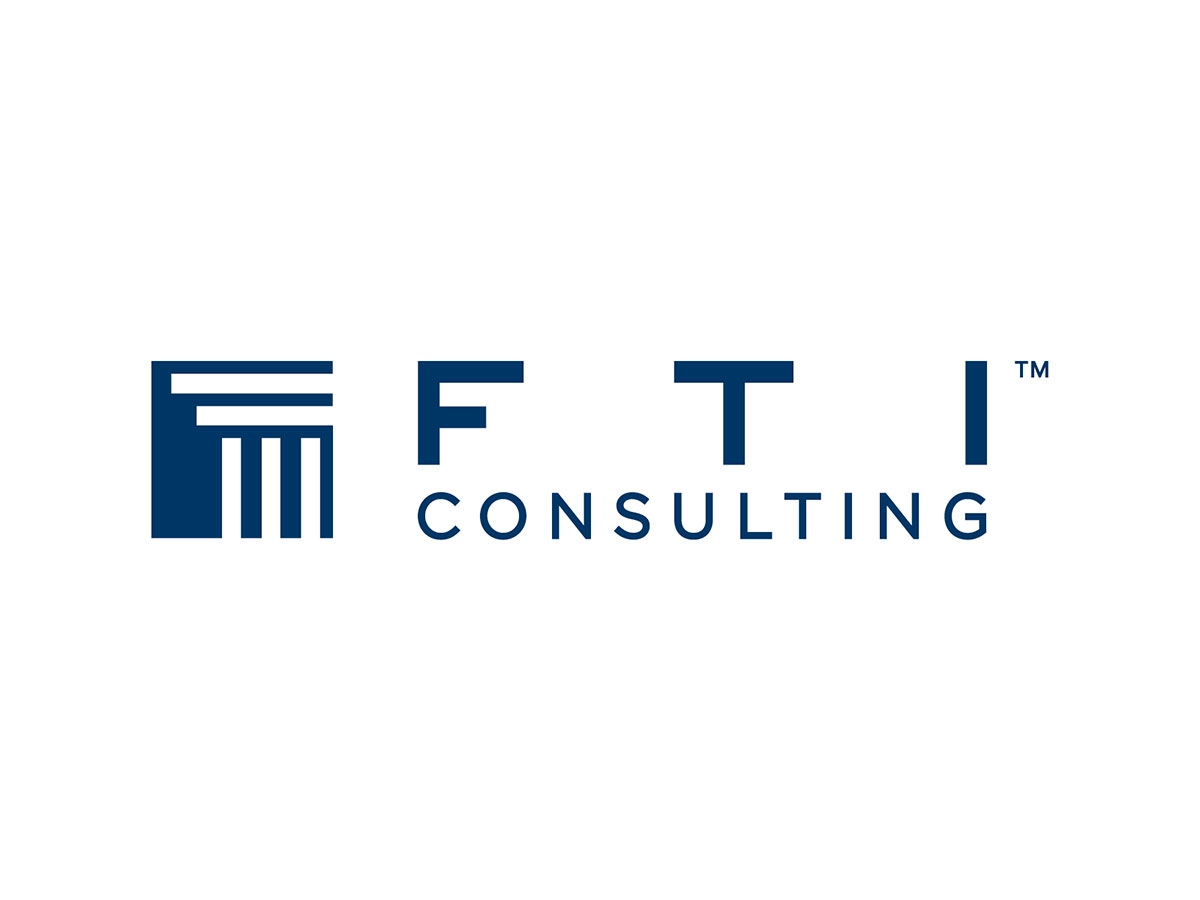
[co-author: Sabiha Quddus]
The COVID-19 pandemic brought into sharp focus the severe inequities that plague the U.S. health care system. Today, as the country emerges from the grip of the pandemic, decisions about the future of health care policy in the U.S. must be considered through the prism of health equity, taking into account the direct and indirect consequences of health reforms on vulnerable populations. President Joe Biden and Congressional Democrats are exploring policy proposals to establish a public option, a government-run plan designed to compete with private plans on the marketplace. As policymakers seek to expand coverage through a new government insurance option, they should also consider how the program and its use of lower provider reimbursements could ultimately impact access to care for vulnerable Americans.
A previous analysis by economists at FTI Consulting found that under a public option, providers faced with a sudden influx of patients on government plans with lower reimbursement rates could experience new financial challenges. In this brief, we sought to further examine how these financial constraints could exacerbate existing access challenges among low-income and racial and ethnic minority communities. Our analysis revealed that more than half of the hospitals observed could lose revenue under a public option, a significant portion of which serve diverse – and often vulnerable – patient populations. Consequently, these hospitals could be forced to choose between reducing service lines to stay afloat or closure. Such disruptions to health care access in those communities has the potential to exacerbate existing health disparities.
Please see full Report below for more information.
